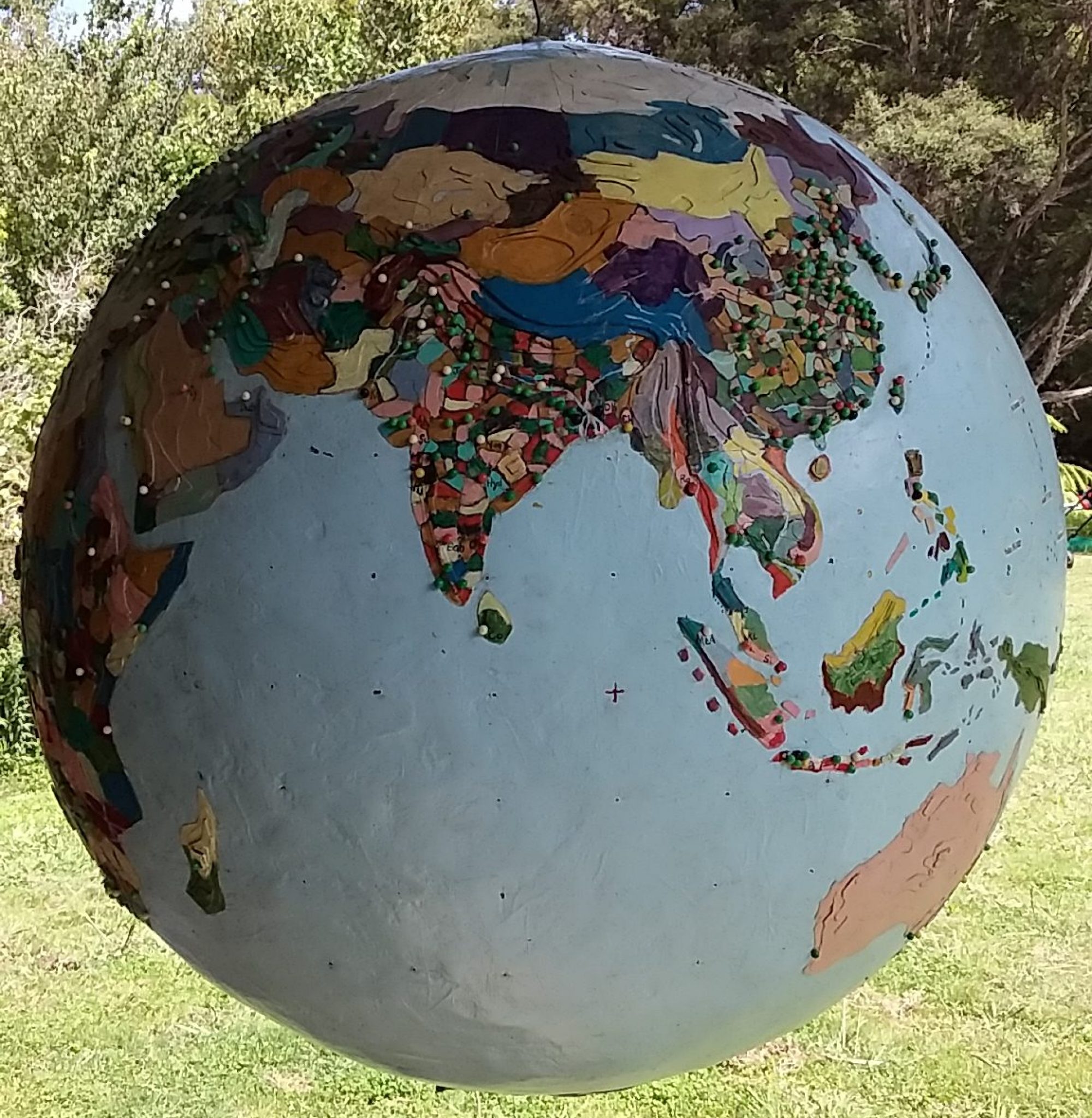Kurdistan
Aspirant millispheres (discrete regions of approximately one thousandth of the total world population) have been coming thick and fast lately. Kurdistan, the semi-autonomous Kurdish region (8.4 million) in northern Iraq and Catalonia (7.5 million) in Spain have both had referenda in the last month about forming independent states.
On the 25th of September 2017 Iraq’s Kurdistan regional government asked voters: “Do you want the Kurdistan region to become an independent state?” – 93% percent of those who voted said: “Yes.”
At the end of the World War I, the Ottoman Empire was divided up by the victors at the Treaty of Lausanne, roughly into the countries we see today in the Middle East. The Kurds were initially promised their own country but today’s 40 million Kurds are distributed along the mountainous borders between Syria, Turkey, Iraq and Iran.
“We have no friends but the mountains,” say the Kurds and (with the exception of Israel) this remains mostly true today. Iraq’s reaction to the referendum was to impose a land and air blockade and to threaten military action. In the 1980s 180,000 Kurdish “infidels” were killed by Saddam Hussein’s Baathist Arab government – this included the infamous 1988 Halabja poison gas attack on civilians.
Turkey warned of military measures, cancelled flights and called the referendum “treachery.”
One in five Turkish citizens are Kurdish. Ankara refers to their country’s Kurds as “Mountain Turks” and has actively suppressed the Kurdish language and culture. 40,000 Kurds have been killed by the Turkish forces maintaining control in southeast Turkey.
Ten percent of Syrians are Kurdish and Syria also has a semi-autonomous Kurdish region (Rojava in northeast Syria). Syria rejects the “unilateral” call for independence by Iraq’s Kurds and says it cannot accept the division of Iraq – fearing a similar division in Syria.
The Kurds are largely Sunni Muslim but there are also Yazidi, Zoroastrian, Christian and Jewish Kurds and schools in Iraq’s Kurdish autonomous region are “religiously neutral.”
It was the Kurdish Peshmerga who helped the Iraqi Army defeat ISIS in Mosul recently.
The fundamentalist Wahhabi branch of Sunni Islam has failed to attract adherents among Sunni Kurds like it did with their Sunni Arab neighbours to the south. Kurds have also been active in defeating ISIS in Kobane in Syria.
Iraqi Kurds have only been able to secure a passport since 2005. Admittedly it is an Iraqi passport and about as difficult to travel with as a Somali or Afghan passport – but it is easier than traveling with no passport at all.
When the Iraqi army fled in the face of ISIS advances the Kurdish Peshmerga occupied the Kirkuk oil fields in 2014, resisting an ISIS takeover. Oil now flows by pipeline from Kurdistan to the Turkish port of Ceyhan in the Mediterranean.
Trade between Erbil and Ankara is estimated to be $US7.5 billion per year, with a similar volume of trade between Erbil and Tehran. The Kurds have set up free trade zones on both their Turkish and Iranian borders. The per capita income in the Kurdish regional government area is 25% higher than in the rest of Iraq.
Kurdistan has four billion barrels of proven oil reserves and an estimated forty-five billion barrels of unproven reserves. Exxon has recently defied Baghdad and signed exploration agreements with Kurdistan, walking away from its southern Iraq oil fields.
Based on the region’s history one would need a heart of stone to oppose Kurdistan independence but at present Russia, China, the European Union, the United States and the
United Nations are all against it. The United States government says that independence for Kurdistan risks destabilising Iraq.
Iran has called Kurdistan’s president Massoud Barzani a “middleman for the Zionists.” Chuck Schumer the Jewish Democrat senator for New York said: “neighbouring states, led by despots, who oppose the Kurdish state out of self-interest need to have respect for the Kurds to determine their own future,” echoing the position taken by Israel; the one country to support independence for Kurdistan. There are 200,000 Jewish Kurds now living in Israel.
While Spain called the referendum illegal Artus Mas, the former president of Catalonia, said he supported Kurdistan’s bid for independence and applauded Kurdistan’s leadership for “defending democracy.”
